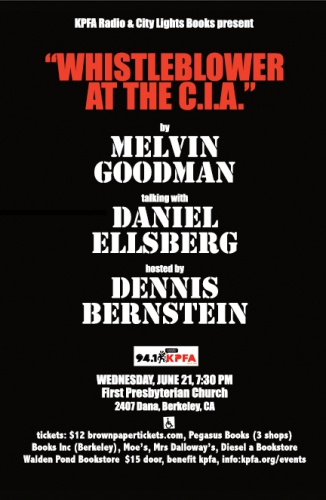Regulating criteria pollution—included within the original proposal for 12-16—will not be considered at this time. But it will be addressed in other rule-making, including Rule 13-1, to be presented by staff for consideration in a few months.
Air District staff dropped its opposition to capping GHGs after the Air Resources Board delivered a game-changing letter on April 5th. Richard Corey, ARB’s executive officer, declared his support for Rule 12-16 and Rule 13-1, the related staff proposal to limit greenhouse gases via an emissions-per-barrel approach. “We support the intent of these rules and agree more can and must be done to deliver real reductions in pollutants that are impacting the health of residents living near refineries,” Corey wrote. “We agree both approaches could help to ensure that these sources do not add to the state’s overall emissions of greenhouse gases and criteria or toxic pollutants.”
The co-pollutants emitted by refineries along with greenhouse gases have very local impacts, which state policy is beginning to address. A growing body of research shows that people who live closest to refineries are most heavily impacted by these toxic and criteria emissions. Bay Area public health experts have estimated that a cap on local refinery emissions could save 800–3,000 lives regionally over 40 years. Without it, fenceline communities would face an 8–12 times worse per capita mortality impact.
Rule 13-1 does not currently call for directly controlling particulate matter and could allow refinery-wide emissions to increase. Making sure that rule is loophole-free is our next big struggle. But for now, this first step towards GHG caps is a very giant step in the right direction.
Please arrive at 8:45 AM so that we can fill the hearing room. There will be massive oil industry turnout, so come early to stand at the head of the line.
Additional Information
Here is the analysis, conducted by local public health experts, of the deadly local health impacts of a tar sands transition.
For background, listen to this April 19th KALW report, which includes interviews with members of the Richmond community whose very lives depend on the passage of this rule. (Both the broadcast and a transcript are available.)
Reporter Will Parrish has done excellent investigative work on the issue. See his recent articles in the Monthly and the Nation.
Finally, follow this link to more detailed background on this website of the four-year struggle to cap refinery emissions.

 Both Edward Snowden and Daniel Ellsberg have asked more whistleblowers to step into the public light and speak out. Several brave individuals have responded. One of them is Melvin Goodman.
Both Edward Snowden and Daniel Ellsberg have asked more whistleblowers to step into the public light and speak out. Several brave individuals have responded. One of them is Melvin Goodman.
 Theatre of the Oppressed (TO) is a set of techniques, games & practices for using theater as a vehicle for transforming individuals and their communities, and effecting social and political change. It is a method of harnessing the theatrical process as a powerful tool for healing communities and breaking cycles of oppression; resulting in empowered and engaged individuals and groups that have the tools to dialogue, educate, problem-solve, and effect change. TO is a collective, creative, whole-brained problem-posing/solving technique of learning and transformation.
Theatre of the Oppressed (TO) is a set of techniques, games & practices for using theater as a vehicle for transforming individuals and their communities, and effecting social and political change. It is a method of harnessing the theatrical process as a powerful tool for healing communities and breaking cycles of oppression; resulting in empowered and engaged individuals and groups that have the tools to dialogue, educate, problem-solve, and effect change. TO is a collective, creative, whole-brained problem-posing/solving technique of learning and transformation.